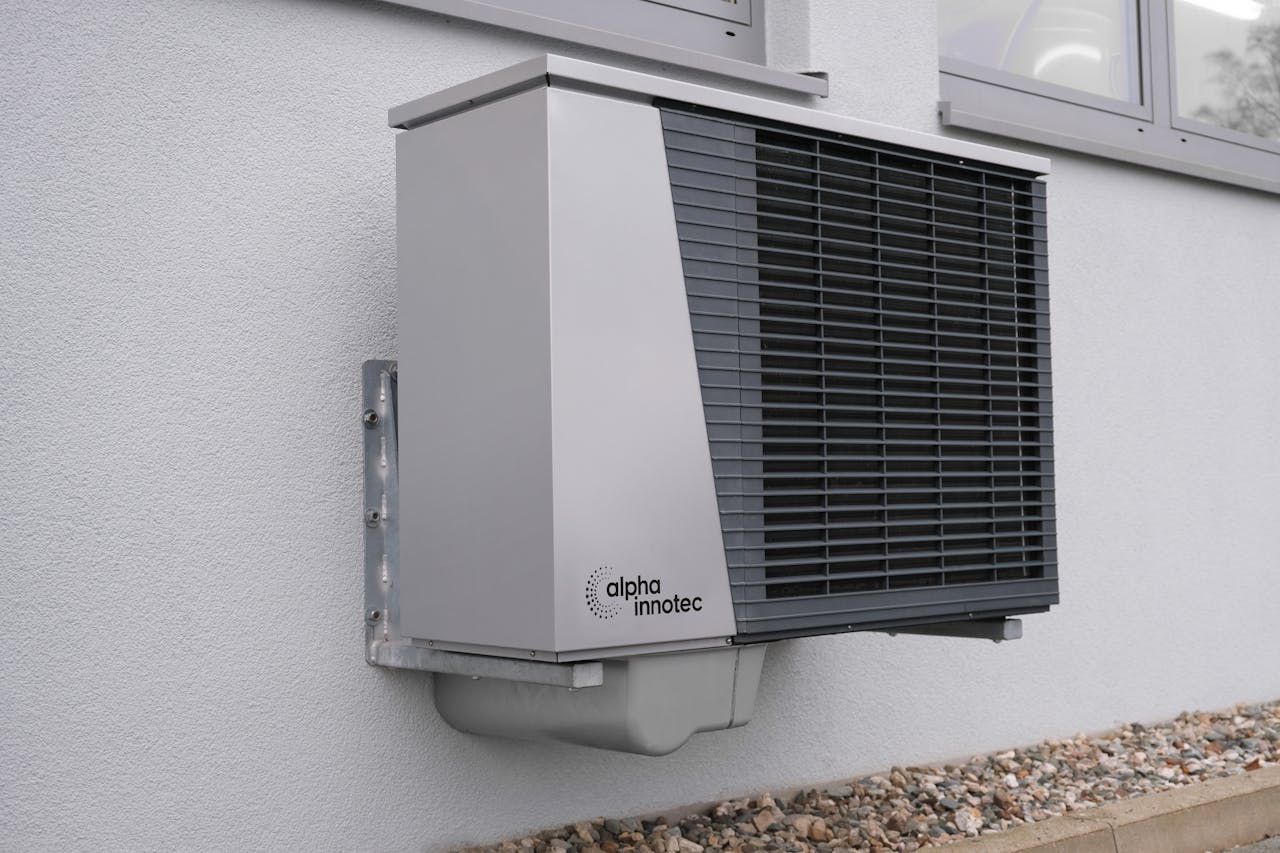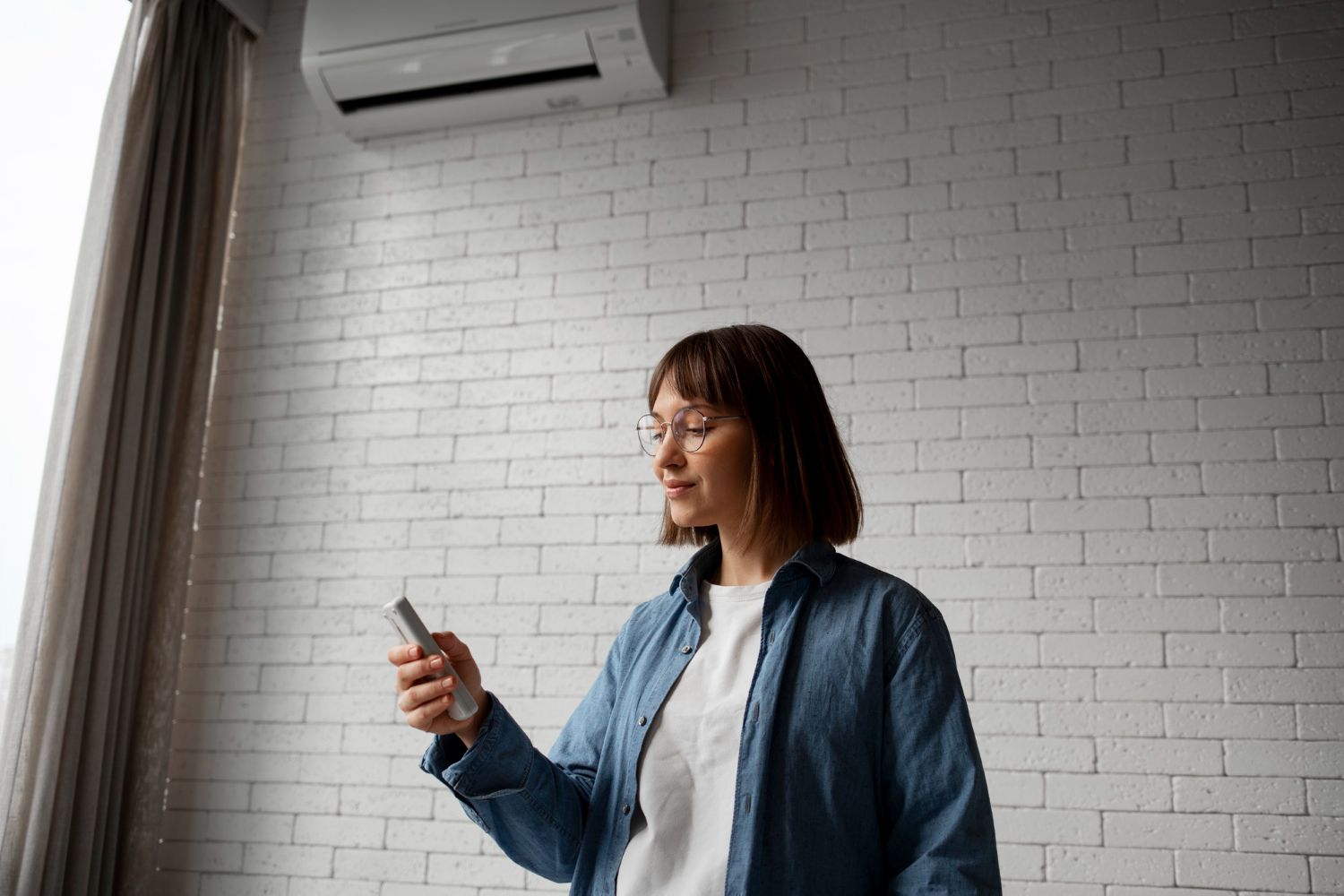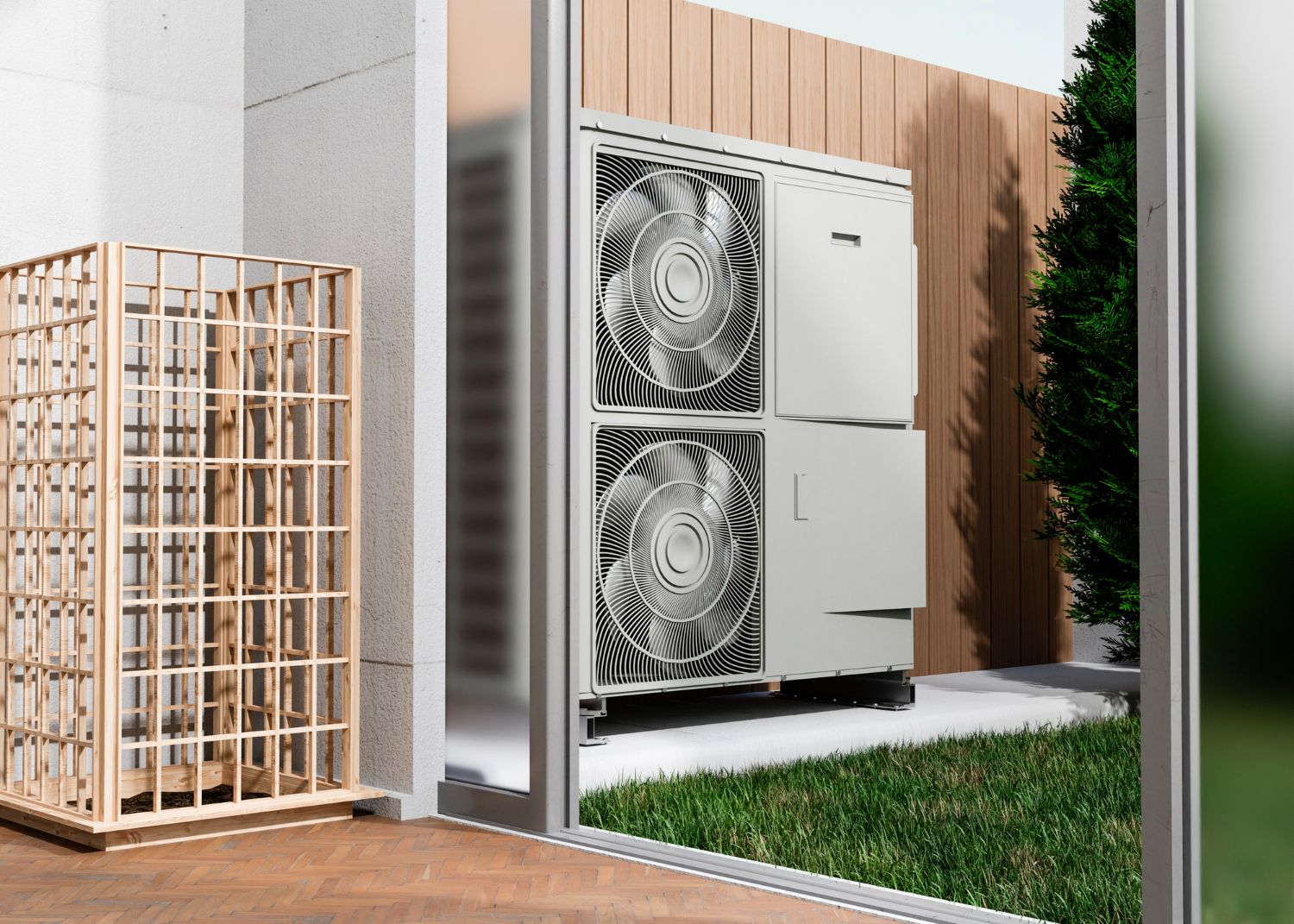
Troubleshooting Heat Pump Issues in Freezing Temperatures
As temperatures drop, heat pumps face unique challenges in maintaining your home’s warmth. While heat pumps are designed to work efficiently in cold weather, freezing temperatures can push them to their limits. Understanding the common issues and how to troubleshoot them can help keep your home comfortable during the winter.
Common Heat Pump Issues in Freezing Temperatures
When temperatures drop, several issues can impact the efficiency of your heat pump. Knowing these common problems can help you identify and address them before they escalate.
Reduced Efficiency
Low temperatures can reduce the efficiency of your heat pump. Heat pumps extract heat from the outside air, but as the temperature falls, there is less heat available. This causes the heat pump to work harder, potentially leading to higher energy consumption. Regular maintenance and timely heat pump repair can help maintain efficiency and prevent overworking the system.
Ice Build-Up
Ice build-up on the outdoor unit is a frequent issue during freezing temperatures. While a light frost is normal, excessive ice can hinder the performance and damage the unit. The defrost cycle typically melts away light frost, but if the ice remains, it could indicate a malfunction in the defrost system or restricted airflow. It’s important to regularly check for ice and handle it properly to avoid further complications.
Blower Malfunctions
Blower problems can also arise in colder weather. If the blower doesn’t distribute warm air effectively, the heat pump can’t maintain the desired temperature inside your home. Issues like dirty filters, clogged ducts, or motor problems can cause blower malfunctions. Regular inspections and cleaning can help ensure the blower operates smoothly.
Refrigerant Leaks
Refrigerant leaks can significantly affect your heat pump’s performance. Low refrigerant levels reduce the system’s heating capacity, making it difficult to warm your home. Signs of a refrigerant leak include insufficient heating, hissing sounds, and iced coils. Prompt heat pump repair by our professionals can address refrigerant issues before they become major problems.
By understanding these common heat pump issues, you can take steps to prevent and address them, ensuring a warm and comfortable home during winter months.
Preventative Measures for Avoiding Heat Pump Failures
To keep your heat pump running smoothly during freezing temperatures, proactive measures are essential. Implementing these preventative actions can help avoid unexpected failures and ensure reliable operation.
Regular Maintenance Checks
Scheduling regular maintenance checks is crucial. Our professionals can inspect and clean various components, check refrigerant levels, and ensure the defrost system is working correctly. Regular maintenance helps catch minor issues before they become major problems, extending the life of your heat pump.
Keep the Unit Clean
Ensuring the outdoor unit is clean and free from debris is important. Remove leaves, dirt, and other obstructions that could restrict airflow. Trim back any plants or shrubs around the unit to maintain adequate clearance. A clean unit can operate more efficiently and reduce the risk of ice build-up.
Monitor Thermostat Settings
Correct thermostat settings can enhance your heat pump’s performance. Set the thermostat to an efficient temperature and avoid frequent adjustments. Consider using a programmable thermostat to maintain consistent temperatures and reduce strain on the system.
Insulate Your Home
Proper insulation helps maintain indoor temperatures and reduces the workload on your heat pump. Seal any gaps or leaks around windows, doors, and ductwork. Adding insulation to attics and walls can help keep the warm air inside and the cold air out, leading to better efficiency and comfort.
Change Air Filters Regularly
Dirty air filters can obstruct airflow and reduce the efficiency of your heat pump. Check and replace air filters regularly, especially during winter months when the system operates more frequently. Clean filters ensure better airflow and reduce the strain on your heat pump.
Implementing these preventative measures can help avoid heat pump failures and keep your home comfortable throughout the cold season. Regular attention and care can make a significant difference in the performance and longevity of your system.
DIY Troubleshooting Tips for Heat Pump Problems
Addressing minor heat pump issues on your own can save time and keep your home warm. Here are some practical troubleshooting tips homeowners can try before seeking professional help.
Check Thermostat Settings
Ensure your thermostat is set to “heat” mode and the temperature is higher than the current room temperature. Sometimes, an incorrect setting can prevent the heat pump from turning on. Replace the batteries if your thermostat has them.
Inspect Air Filters
Dirty air filters can obstruct airflow and reduce heating efficiency. Check your filters and replace them if they appear dirty. Regular filter changes help maintain proper airflow and system efficiency.
Clear Outdoor Unit
Inspect the outdoor unit for debris or ice build-up. Clear away any leaves, dirt, or snow around the unit. If you notice ice, turn the system to “defrost” mode or use warm water to melt it carefully. Avoid using sharp objects to remove ice, as this can damage the unit.
Reset Circuit Breakers
If your heat pump is not working, check your home’s circuit breaker panel. A tripped breaker can cut power to the unit. Reset the breaker and see if the heat pump resumes operation.
Listen for Unusual Noises
Odd noises like rattling or grinding can indicate mechanical issues. If you hear any unusual sounds, inspect the unit for loose parts or debris. Secure any loose components and remove any debris you find.
These troubleshooting steps can help resolve minor issues and restore your heat pump’s functionality. If problems persist, contacting our professionals is the next best step.
When to Seek Professional Heat Pump Repair
While DIY troubleshooting can resolve some issues, there are times when professional intervention is necessary. Knowing when to call our technicians can prevent further damage and ensure your heat pump works safely and efficiently.
Persistent Ice Build-Up
If your heat pump frequently accumulates ice despite regular defrost cycles, it’s time to seek professional help. Persistent ice build-up can indicate issues with the defrost system, refrigerant levels, or airflow. Our professionals can accurately diagnose and fix these problems, preventing further damage to your system.
Strange Odors
Unpleasant odors coming from your heat pump can signal mold growth, burning components, or gas leaks. If you notice any strange smells, turn off the system and contact our technicians immediately. Addressing these issues promptly ensures your safety and the efficient operation of your heat pump.
Reduced Heating Efficiency
If your heat pump is running but not providing adequate heat, it may have mechanical issues, low refrigerant levels, or thermostat problems. Persistent heating inefficiency can lead to increased energy costs and discomfort. Our professionals can perform a thorough inspection and necessary repairs to restore your system’s performance.
Electrical Issues
Electrical problems such as frequent tripping breakers, flickering lights, or system shutdowns require professional attention. These issues can pose safety risks and cause further damage to your heat pump. Our technicians have the expertise to safely address and resolve electrical faults.
Recognizing these signs and seeking professional help ensures your heat pump remains reliable and efficient during freezing temperatures.
Conclusion
Ensuring your heat pump operates effectively in freezing temperatures is crucial for maintaining a comfortable home. By understanding common issues, implementing preventative measures, and knowing some DIY troubleshooting tips, you can keep your system running smoothly. However, recognizing when to call our professionals can prevent minor problems from becoming major headaches.
Regular maintenance plays a vital role in preserving the efficiency and longevity of your heat pump. Simple actions like checking thermostat settings, replacing air filters, and clearing the outdoor unit can make a significant difference. When these steps aren’t enough, our technicians are ready to provide expert heat pump repair and maintenance.
For dependable HVAC services, trust One Stop Heating and Air Conditioning. Our experienced professionals are here to help with your heating needs, ensuring a warm and cozy home throughout the winter. Contact us today to schedule your heat pump repair in Draper, UT, and keep your system in top shape.








